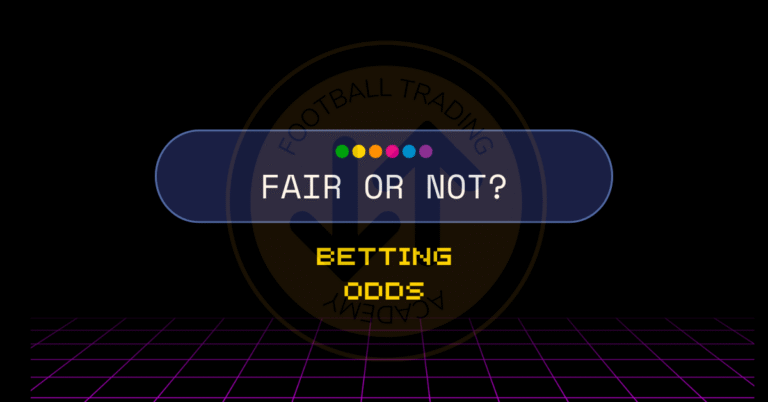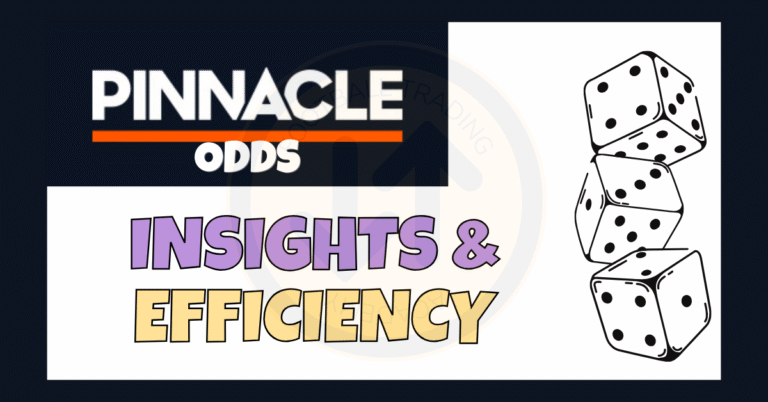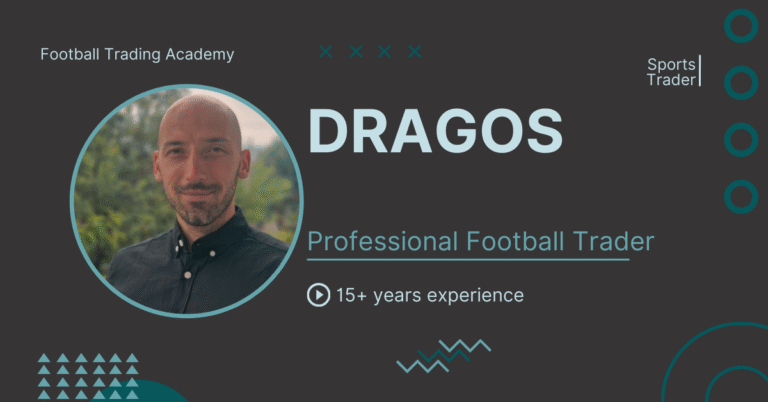When getting started with sports trading, one of the most common questions is: “What trading methods actually work?”
You’ll often hear terms like scalping, swing trading, or trend following thrown around—especially when people talk about football or horse racing trading on Betfair Exchange. But what do these trading methods really mean?
In this article, we’ll break down the most popular trading methods used by sports traders, giving you a solid overview to help you decide which might suit your style. And don’t worry—we’ll take a deeper dive into each one in separate articles very soon.
📌 What Are Trading Methods?
Trading methods are structured approaches that sports traders use to interact with the markets. These aren’t specific strategies with entry/exit signals, but rather styles or frameworks that shape how you approach the market.
Just like in financial trading, having a clear method helps you manage risk, time your entries, and stay consistent.
⚡️ Scalping (Scalp Trading)
Scalping is all about quick in-and-out trades, grabbing small profits from minor price movements.
✅ Ideal for markets with high liquidity (e.g. horse racing pre-off or football match odds before kickoff).
✅ Traders look to “back high, lay low” or vice versa—sometimes within seconds or minutes.
⚠️ Requires precision, fast execution, and excellent discipline.
🛠️ Often done with automation tools like Bet Angel or Geeks Toy.
Best for: Fast thinkers who enjoy fast-paced environments and don’t want to hold positions for long.
[Read more about scalping…]
🌀 Swing Trading
Swing trading (or “swinging”) is the method of holding a position for a longer period—minutes to hours—waiting for a bigger price movement.
✅ Trades are often based on team news, lineups, market sentiment, or tactical analysis.
✅ You might place a trade a day before the match and close it just before kickoff.
⚠️ Requires patience and confidence in your research and selection.
Best for: Traders who want higher reward potential and can handle longer periods in the market.
🔄 Trend Following
This method involves riding the market in one direction once a trend is identified.
✅ Very useful in live football trading (e.g. when a favorite is pressing hard, and odds are shortening).
✅ No need to predict reversals—just ride the wave.
⚠️ Must know when to jump in and when to exit before reversal.
Best for: Those who enjoy pattern recognition and watching the market closely.
⚠️ Breakout Trading
This method focuses on entering trades when the market breaks a resistance or support level.
📈 Example: If a Correct Score market suddenly shifts after a goal or red card, traders jump in, anticipating more movement.
✅ Can be powerful during big shifts or major events.
⚠️ Risk of false breakouts.
🛡️ Hedging and Pre-Match Value Trading Methods
Hedging and pre-match value approaches are less reactive and more research-focused.
🔍 You spot value early, back/lay, and hedge when the market moves in your favor.
✅ Very low risk if done correctly.
⚠️ Slow-moving, but often more reliable.
🧠 Choosing the Right Trading Methods
There’s no “best” method—only the one that fits your style, schedule, and psychology. Some traders thrive in fast-paced scalping; others prefer the calm of swing trading.
Before picking one:
Consider your available time
Know your risk tolerance
Test it in practice mode (Bet Angel is great for that!)
Keep detailed records in a bets tracker
🔜 What’s Next?
In the next few days, we’ll release dedicated articles for each of these trading methods, showing:
How to apply them in real matches
Tools to use
Pros & cons
Real-life examples from our experience at Football Trading Academy
So make sure you follow us here or on social media to stay updated.
✅ So... what trading methods to use?
Understanding the different sports trading methods is one of the first steps to becoming a consistent sports trader. Choose one, test it, stick with it, and master it before jumping to the next.
🧠 Remember: It’s not just about strategy. Execution, mindset, and consistency matter too. Also, you can easily transform any of these strategies into gambling by focusing more on the outcome of the event instead of the next market movement. But that’s a topic for another article. 😉





